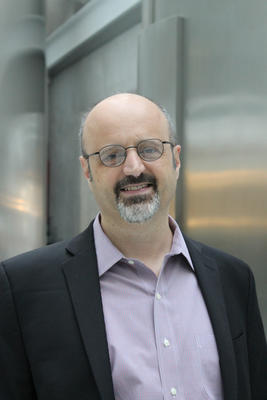Date:
Location:
 Speaker: Francisco H. G. Ferreira, Senior Advisor, World Bank; Institute of Labor Economics
Speaker: Francisco H. G. Ferreira, Senior Advisor, World Bank; Institute of Labor Economics
Moderator: Frances Hagopian, Jorge Paulo Lemann Senior Lecturer on Government at Harvard University and the Faculty Chair of the Brazil Studies Program
The Gini coefficient of labor earnings in Brazil fell by nearly a fifth between 1995 and 2012, from 0.50 to 0.41. The decline in earnings inequality was even larger by other measures, with the 90-10 percentile ratio falling by almost 40 percent. Although the conventional explanation of a falling education premium did play a role, a RIF regression-based decomposition analysis suggests that the decline in returns to experience was the main factor behind lower wage disparities during the period. Substantial reductions in the gender, race, informality and urban-rural wage gaps, conditional on human capital and institutional variables, also contributed to the decline. Although rising minimum wages were equalizing during 2003-2012, they had the opposite effects during 1995-2003, because of declining compliance. Over the entire period, the direct effect of minimum wages on inequality was muted.
Francisco H. G. Ferreira is a Senior Adviser in the World Bank’s Development Research Group, where he oversees the Bank’s research programs on poverty and inequality. He was formerly the Bank’s Chief Economist for the Africa Region, and has also served as Deputy Chief Economist for Latin America and the Caribbean, and as co-Director of the World Development Report 2006, on Equity and Development.
Francisco is also a non-resident Research Fellow at the Institute for the Study of Labor (IZA, Bonn). He has published widely in the fields of poverty and inequality in developing countries. He is a co-editor of the World Bank Economic Review and has served as Editor in Chief of the Journal of Economic Inequality and of Economía, the journal of the Latin American and Caribbean Economics Association. Francisco has taught at the Catholic University of Rio de Janeiro and at the Paris School of Economics. He was born and raised in São Paulo, Brazil, and holds a Ph.D. in Economics from the London School of Economics.
